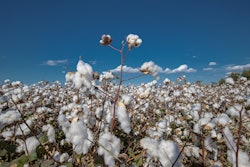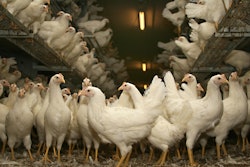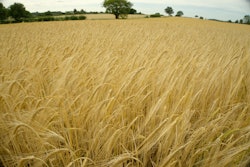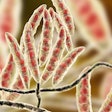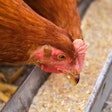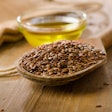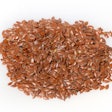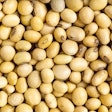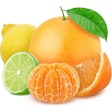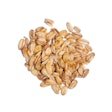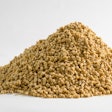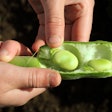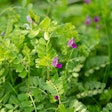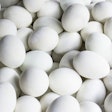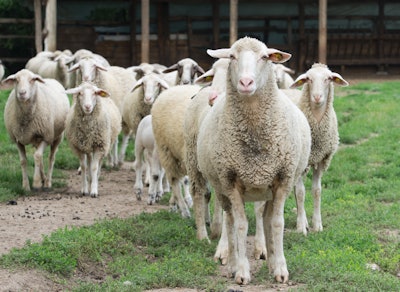
Continuing this month’s articles about cottonseeds in ruminant rations, we will now focus on dairy sheep. In recent years, the quest for innovation has been combined with sustainability when it comes to alternative feed ingredients, and we expect this trend to become paramount in livestock farming. One such turn can be the inclusion of traditional cottonseeds in dairy sheep rations, promising substantial benefits for animals and the environment. So, in this article, we will examine the potential of cottonseeds as a valuable component of dairy sheep diets in modern times.
1. Sustainability
Sustainable agriculture necessitates the exploration of novel, eco-friendly feed sources. Cottonseeds, a byproduct of the cotton industry, may offer such a promising solution and this requires further exploration. Rather than discarding these seeds, often considered as waste if they cannot be concentrated in large volumes, we can integrate them into dairy sheep rations. This will provide extra benefits to the animal as we will see below.
2. Packed nutritional value
Cottonseeds possess a significant nutritional profile that makes them an interesting choice for enhancing the nutritive value of dairy sheep diets. Rich in protein, fiber, energy and minerals, cottonseeds offer a good combination of essential nutrients, necessary for the optimal growth and production of dairy sheep, especially during the lactation period. Cottonseeds are not a novel ingredient, but its use is not as widespread as many nutritionists believe. One reason is the low density of the material that necessitates local consumption to avoid excessive transportation costs.
3. Enhancing milk production
In research, the inclusion of whole unlinted cottonseeds in dairy sheep rations has demonstrated significant potential in enhancing milk production. The high protein content of cottonseeds serves as a valuable source of amino acids, supporting the synthesis of milk proteins and thus improving milk yield. Additionally, the presence of energy-rich lipids in cottonseeds contributes to the overall energy balance of the animals, facilitating increased milk production. Finally, the easily fermentable cellulose fibers contribute to enhanced milk fat concentration. As cottonseeds are produced in warm areas that also provide home for significant flocks of dairy sheep, this attribute is significant now that modern sheep genetics suffer from reduced milk solids.
Challenges and considerations
As mentioned with beef cattle, while cottonseeds offer numerous benefits, their utilization in dairy sheep rations requires some consideration. Raw cottonseeds contain a substance called gossypol, which can be toxic to monogastric animals if consumed in excessive quantities. However, gossypol is not as toxic for ruminants, but this is a mere generalization as it requires age, species, and overall feed characterization. Proper processing and feeding strategies must be implemented to ensure the safe and efficient use of cottonseeds. Thus, with all these in mind, we can foster a more sustainable and resilient future for dairy sheep farming.

